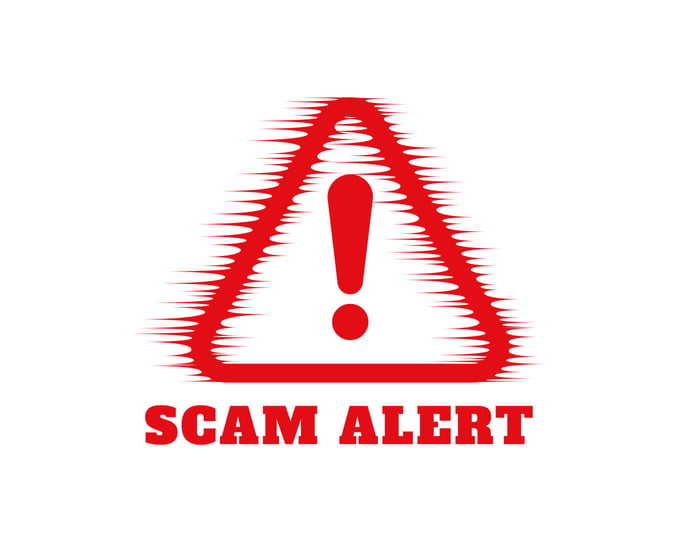The allure of overseas manufacturing often lures businesses with the promise of cost efficiency and expanded production capabilities. However, beneath the surface lies a murky world fraught with pitfalls, especially in regions where unscrupulous practices thrive.
In this exposé, we shed light on the dark side of overseas manufacturing, focusing on the common scams perpetrated by some factories, and how you can safeguard your interests.
The Dark Underbelly Unveiled
Unbelievably Low Prices:
One of the most glaring red flags of a scam factory is an offer that seems too good to be true. Unrealistically low prices may initially entice buyers, but they often come at a hidden cost. These prices may be a result of inferior materials, subpar craftsmanship, or even unethical labor practices.
Zero Transparency:
Transparency is the cornerstone of a trustworthy manufacturing partner. However, scam factories thrive in opacity, hiding crucial information such as production processes, materials used, and quality control measures. Lack of transparency should raise alarm bells and prompt thorough due diligence.
Fake Credentials:
In the digital age, it's easier than ever for unscrupulous entities to fabricate credentials and certifications. Buyers must verify the authenticity of any certifications claimed by a factory, ensuring they meet industry standards and regulations. Failure to do so risks investing in substandard or non-compliant products.
Wrong Orders:
A hallmark of scam factories is their disregard for customer specifications. They may promise one thing but deliver another, leaving buyers with products that are either unusable or vastly different from what was agreed upon. Such deceitful practices erode trust and tarnish reputations.
The Heebie Jeebies:
Sometimes, intuition can be a powerful indicator of trouble ahead. If something about a factory doesn't sit right with you, listen to your instincts. Signs of unprofessionalism, evasiveness, or reluctance to address concerns should not be overlooked.
Tips for Avoiding Scams
Conduct Thorough Research:
Invest time in researching potential manufacturing partners, scrutinizing their reputation, credentials, and client feedback.
Trust but Verify:
Don't take anything at face value. Verify the information provided by the factory through independent sources and due diligence.
Start Small:
Initiate a small-scale trial order before committing to larger volumes. This allows you to assess the factory's performance and product quality without significant financial risk.
Build Relationships:
Cultivate long-term relationships with trustworthy manufacturers based on mutual respect, transparency, and accountability.
Stay Informed:
Keep abreast of industry news, trends, and best practices to stay one step ahead of potential scams and pitfalls.
What to Do When Scammed
Document Everything:
Keep detailed records of all communications, agreements, and transactions with the factory. These documents will be crucial evidence in any dispute resolution process.
Notify Authorities:
Report fraudulent activity to relevant authorities, such as trade associations, consumer protection agencies, or legal authorities. Prompt action can help prevent others from falling victim to the same scam.
Seek Legal Recourse:
If negotiations fail to resolve the issue, consider seeking legal recourse through arbitration or litigation. Consult with legal experts familiar with international trade laws to explore your options.
How to Identify Reputable Manufacturers
Established Reputation:
Look for manufacturers with a proven track record of reliability and integrity. Seek out reviews, testimonials, and case studies from past clients to gauge their reputation and performance.
Transparent Communication:
Choose manufacturers who prioritize open and honest communication. They should be forthcoming with information about their processes, capabilities, and pricing structure.
Quality Assurance:
A commitment to quality should be non-negotiable. Opt for manufacturers who adhere to stringent quality control measures and are willing to provide documentation or samples to validate their standards.
Compliance with Regulations:
Ensure that the manufacturer operates in compliance with relevant regulations and ethical standards. This includes labor practices, environmental regulations, and product safety requirements.
Personal Inspection:
Whenever possible, conduct on-site visits or audits to assess the factory's facilities and practices firsthand. This firsthand experience can provide invaluable insights into their operations and reliability.
In the complex world of overseas manufacturing, vigilance is paramount. By heeding the warning signs, conducting thorough due diligence, and fostering relationships built on trust and transparency, businesses can navigate the murky waters of international trade with confidence and integrity. Remember, the true cost of a scam extends far beyond financial losses—it erodes trust, damages reputations, and undermines the very foundation of commerce.





